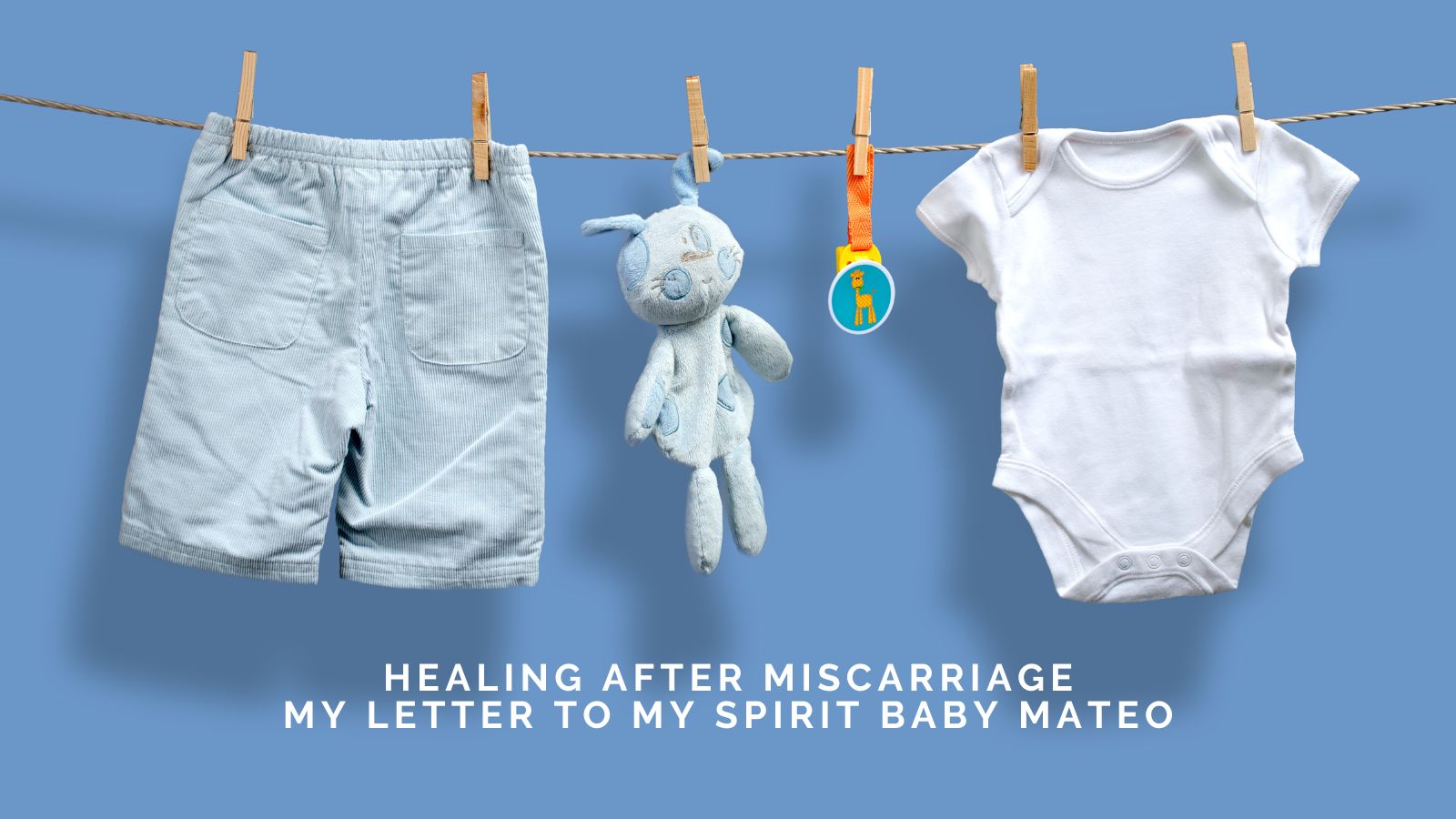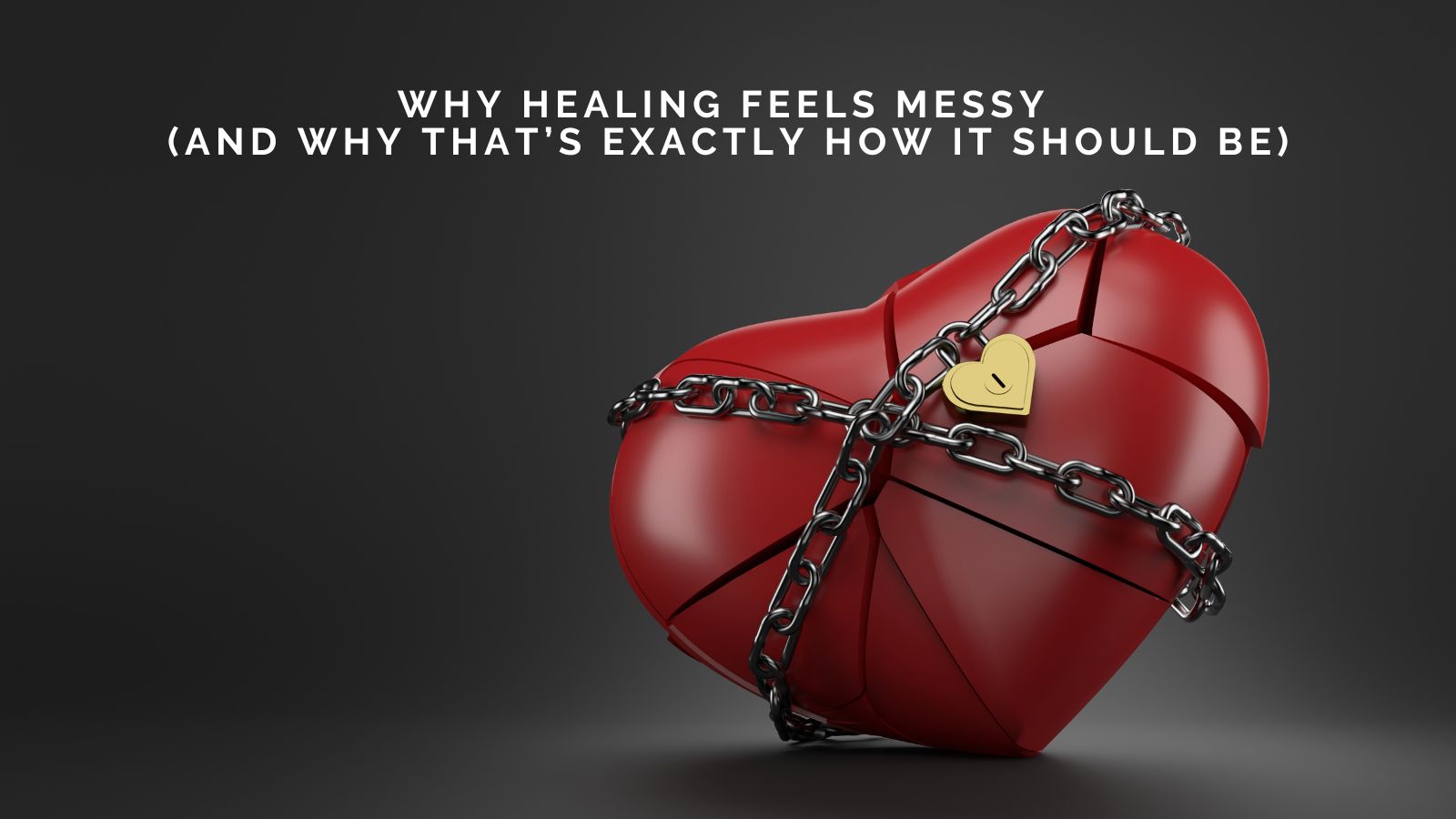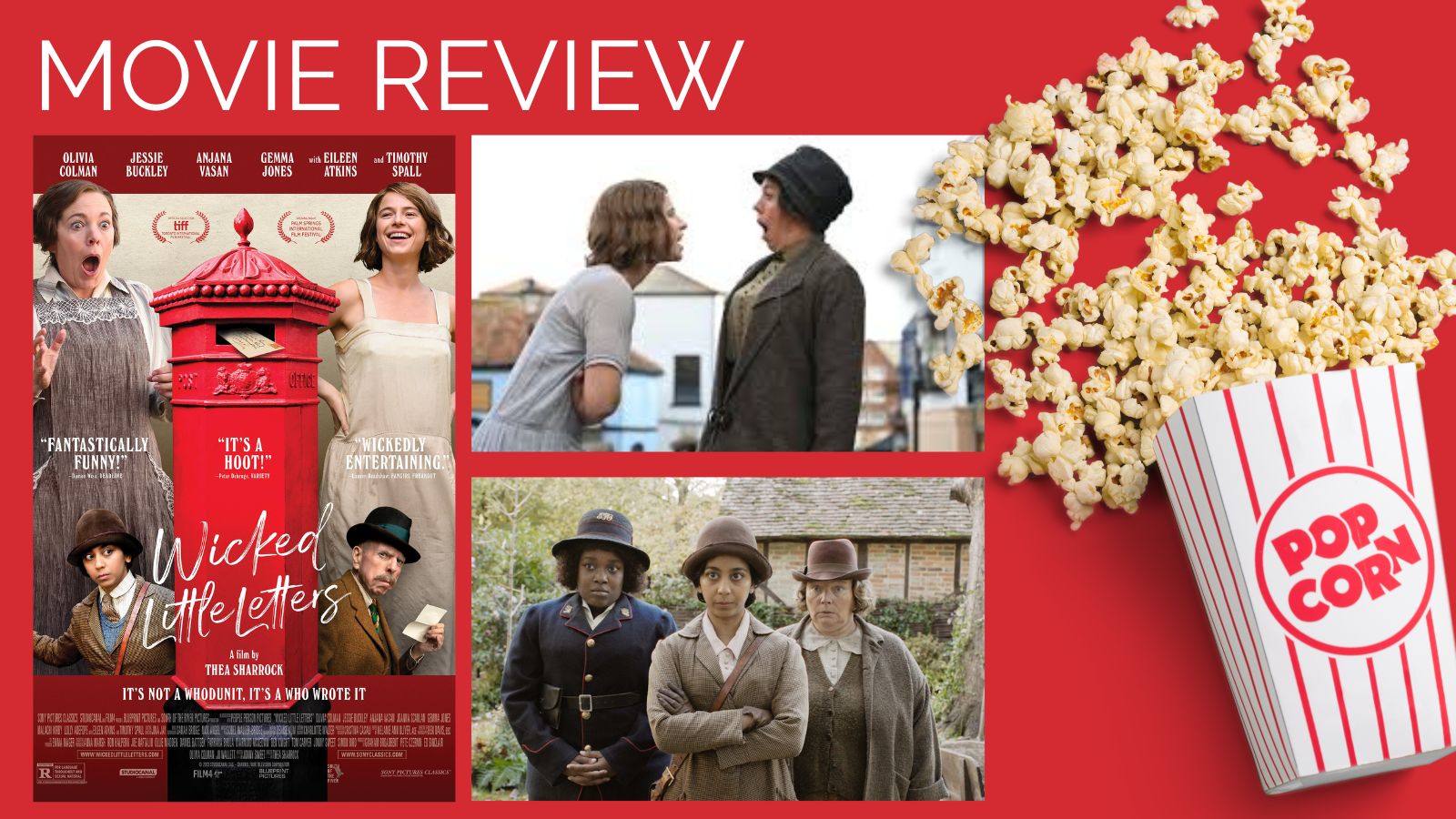
Thea Sharrock’s Wicked Little Letters is a rare creature: a bawdy, blackly comic mystery rooted in a real-life scandal. It tells the story of Littlehampton in the 1920s, a quiet Sussex town shaken by a torrent of obscene anonymous letters. Neighbours turn on one another, reputations are shredded, and a woman ends up falsely accused. The film is loosely based on the Littlehampton libels case, where Edith Swan, a seemingly respectable spinster, secretly authored hundreds of vile notes before pinning the blame on her Irish neighbour, Rose Gooding. The facts are shocking enough, but Sharrock and screenwriter Jonny Sweet transform them into a riotous, character-driven drama about respectability, rage, and the power of words.
The comedy here is filthy, fast, and very British. Some of the funniest scenes simply involve characters trying—and failing—to read the letters aloud. Rose opens one and explodes with laughter, choking out: “Who in God’s name thinks of putting those words together?!” Jessie Buckley’s incredulous delivery makes the moment infectious; the audience laughs not at the insult itself but at the sheer audacity of it.
Another highlight comes when the local vicar reads one such letter in court. The jury squirms, half-horrified and half-struggling not to laugh, while Rose heckles from the dock: “That one’s not even original!” The timing is impeccable, the humour landing not just in the words but in the awkwardness of propriety collapsing under the weight of filth.
A few of the letters, paraphrased here, give a sense of the comic sting: accusing townsfolk of being “no better than pigs in a sty,” of having “brains the size of goose droppings,” and, more viciously, suggesting people “should take their sour faces back to the gutter they came from.” The language is crude but imaginative, and the way the actors handle it—spluttering, stammering, sometimes unable to finish—makes it all the funnier.
Anjana Vasan’s WPC Gladys Moss, the fictionalised police officer who drives the investigation, gets her own wry zinger. Faced with male superiors dismissing her instincts, she retorts: “Maybe the letters are rude because the truth is rude.” It’s one of the film’s sharpest lines—half joke, half thesis statement.
The film’s look is deceptively sunny. Ben Davis lenses Littlehampton in golden seaside tones, with crisp horizons and prim gardens—perfect façades hiding rot beneath. Melanie Oliver’s editing makes the arrival of each letter feel like a punchline: envelopes slapped on doormats cut against shocked reactions. The symbolism is simple but effective. Letters on thresholds become weapons. Rose is often framed through bars or window panes, visually trapped by suspicion. Edith, by contrast, is usually centred, pristine, her surroundings tidy—a mask of order concealing venom. Even the church porch becomes a symbol: a place where neighbours gather to appear virtuous while whispering the filthiest gossip.
The historical story is even more bizarre than the film suggests. Edith Swan did indeed orchestrate a years-long letter-writing campaign, pinning blame on Rose Gooding, who was twice convicted and imprisoned before handwriting analysis and GPO investigators exposed Edith. The volume of letters was staggering—over a hundred in reality, stretching across years. The movie condenses the timeline, folds trials into one narrative, and heightens the comic absurdity. WPC Gladys Moss, the steady hand of reason, is a fictional creation, designed to embody the overlooked women who might have cut through the moral panic. The film’s broad humour is also its invention—the real letters were foul but rarely funny. Sharrock and Sweet reshape them into a form of theatrical obscenity, allowing the story to resonate as both historical farce and modern parable about trolling and pile-ons.
At its heart, Wicked Little Letters is about bias and belief. Class runs through every frame: Edith, prim and English, is presumed innocent; Rose, Irish and working-class, is guilty before she speaks. Gender is equally central: Gladys Moss fights to be heard by a police force built on condescension. And above all, language itself takes the spotlight. The obscene vocabulary in the letters isn’t just comic relief—it’s a weapon, designed to shame and soil. Once words are released, they can’t be taken back. In that sense, the film feels eerily contemporary: gossip spreads like wildfire, just as a tweet does today.
The film thrives on performance. Olivia Colman plays Edith Swan with terrifying restraint, her politeness fraying only in fleeting flashes. It’s another showcase for an actress who won an Oscar for The Favourite and continues to reinvent herself in projects like Empire of Light. Jessie Buckley’s Rose is the opposite—brash, earthy, quick-witted, but equally vulnerable. Buckley, whose recent credits include The Lost Daughter and Women Talking, brings fire and humour to every line.
Anjana Vasan, fresh from We Are Lady Parts and Killing Eve, anchors the film as Gladys Moss. She brings calm intelligence to a character who could have been overshadowed by the Colman-Buckley dynamic. Timothy Spall, Joanna Scanlan, and Gemma Jones add gravitas to the Swan household, while Isobel Waller-Bridge’s playful score gives the film its cheeky rhythm.
Filming took place not in Littlehampton itself but in nearby Arundel and Worthing, chosen for their period-appropriate look. There were no reports of set squabbles or crises—most of the press buzz was about the reunion of Colman and Buckley, who previously co-starred in The Lost Daughter, and the delight in giving Anjana Vasan her breakout cinematic role. The off-screen camaraderie mirrors the on-screen chemistry: sharp, sparring, and warm beneath the surface.
The film earned strong notices on the festival circuit, premiering at Toronto International Film Festival, and later won the Best Ensemble Performance at the British Independent Film Awards. While some critics found the mystery element predictable, most agreed the performances, humour, and sharp social commentary made the film a standout.
Wicked Little Letters is a comedy about scandal, but also a scandal about comedy. It’s filthy, funny, and uncomfortably familiar. The film asks: who do we believe, and why? It reminds us that outrage—whether written in ink or posted online—spreads faster than truth. And yet, in the hands of Colman, Buckley, and Vasan, it becomes more than history or satire. It becomes a story about the consequences of words, the dangers of silence, and the peculiar joy of hearing a prim Englishwoman spit obscenities with a straight face


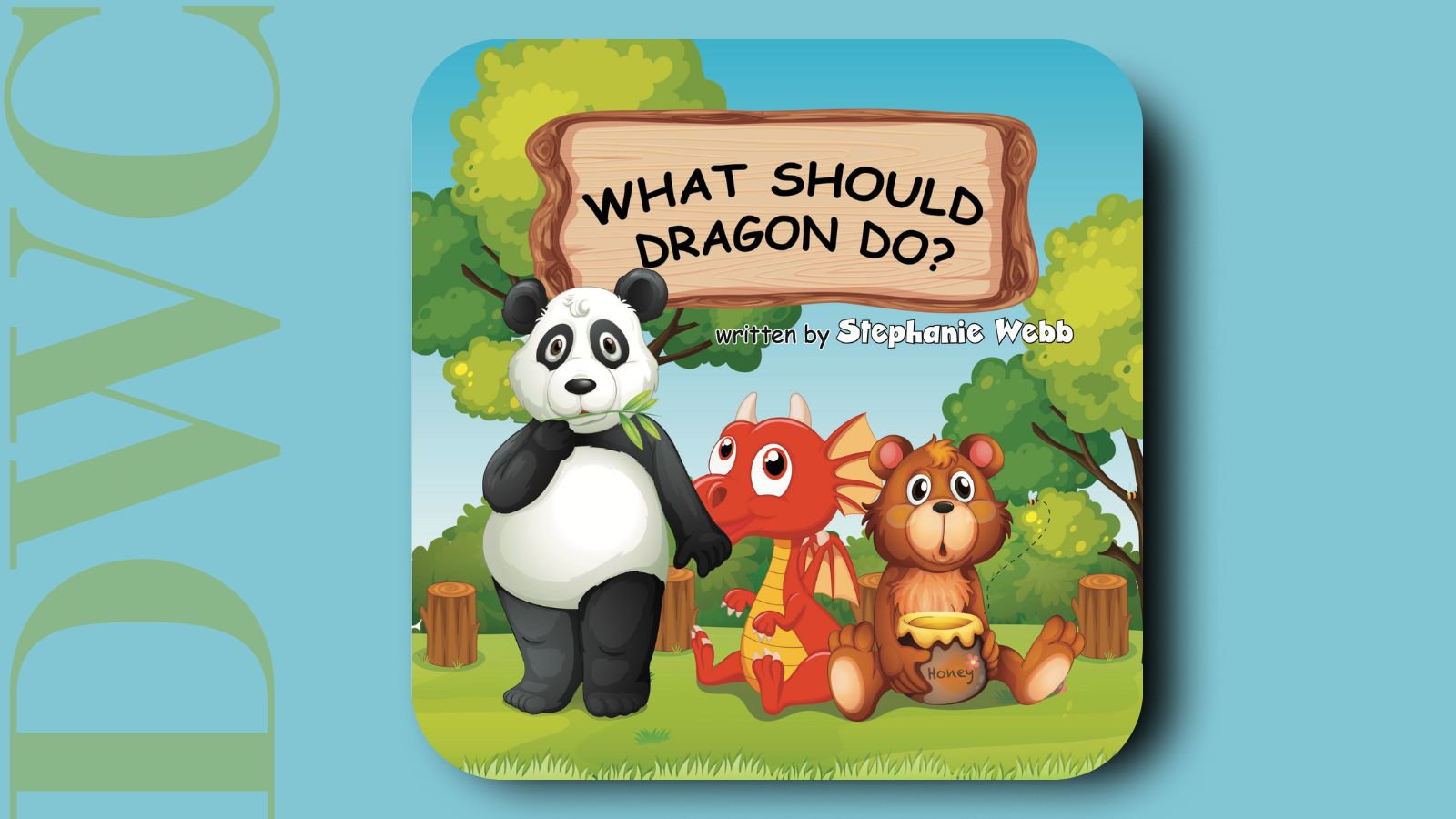
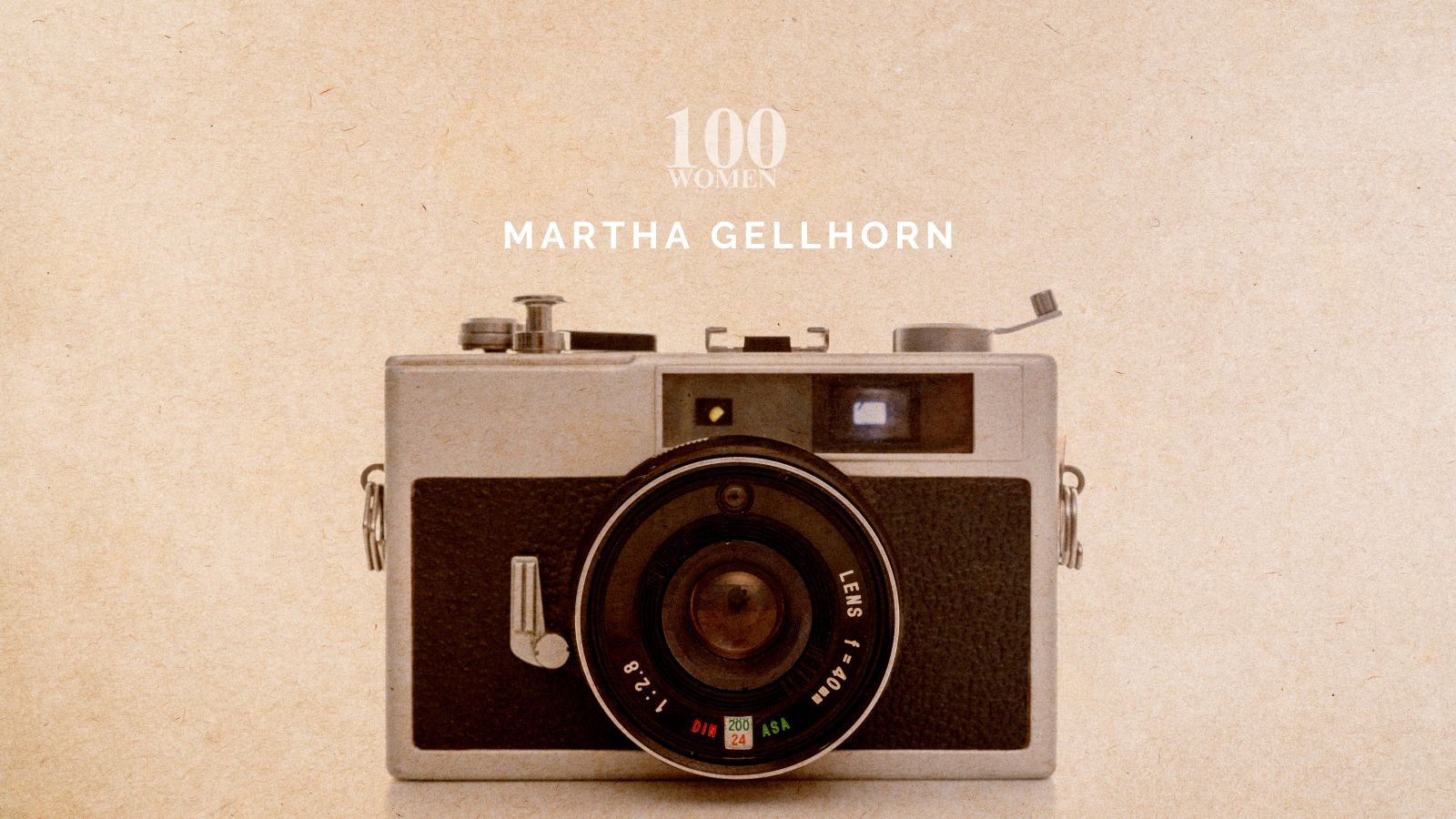
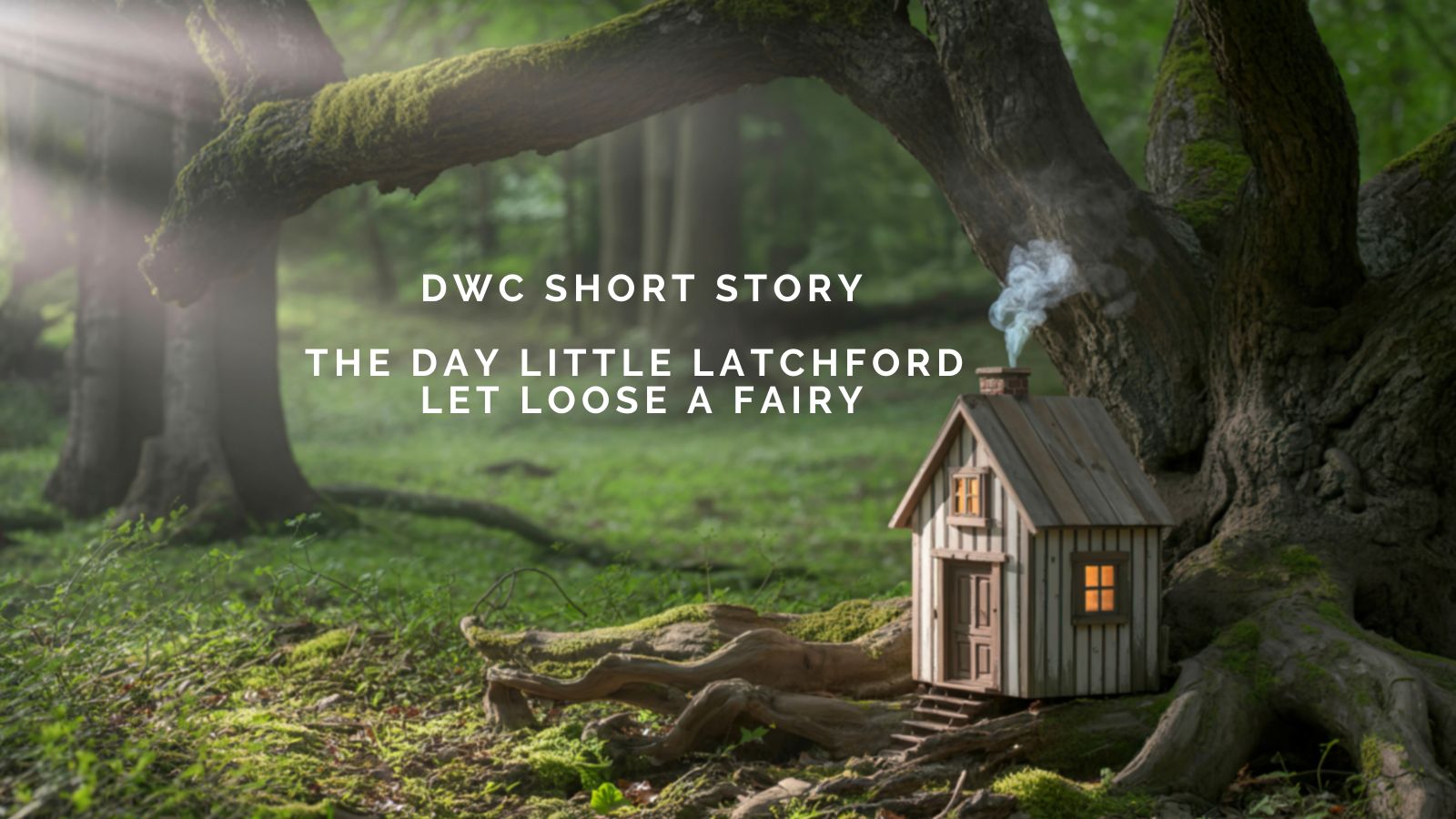

-2.jpg)


